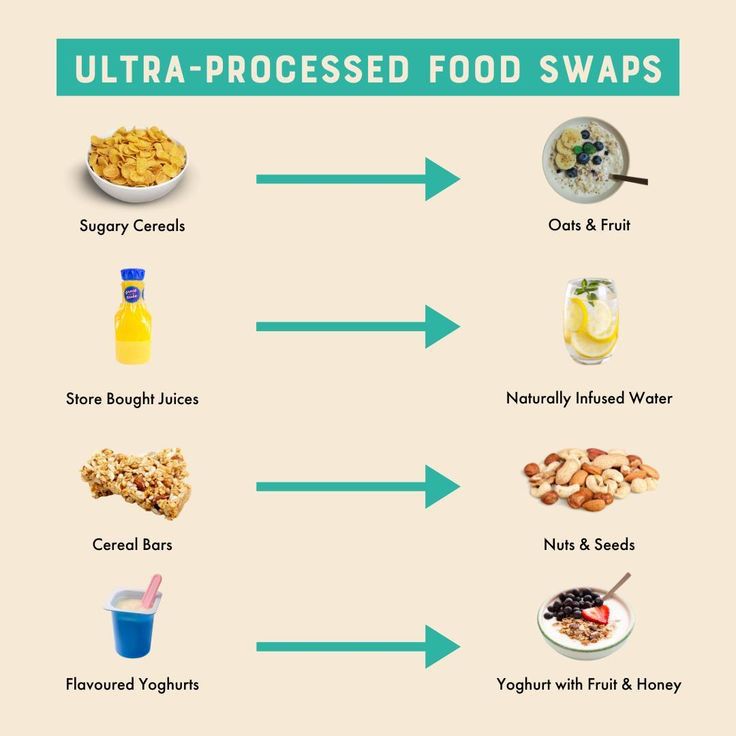The Truth About Ultra-Processed Foods: How They Affect Health Understanding Ultra-Processed Foods vs. Whole Foods

In today’s fast-paced world, ultra-processed foods have become a staple in many households. They are convenient, inexpensive, and often designed to be irresistible. But what exactly are ultra-processed foods, and how do they compare to whole foods?
- Ultra-processed foods are industrially manufactured foods that go through multiple processing stages and contain additives like preservatives, artificial flavours, colourants, emulsifiers, and refined ingredients. Examples include sugary cereals, packaged snacks, instant noodles, soda, processed meats, and frozen meals.
- Whole foods, on the other hand, are foods in their natural or minimally processed state, such as fresh fruits, vegetables, legumes, whole grains, nuts, seeds, and unprocessed meats. These foods retain their original nutrients and are free from artificial additives.
The Impact of Ultra-Processed Foods on Health
Research has linked ultra-processed foods to several health risks, including obesity, gut health issues, and chronic diseases. Here’s how they affect the body:
1. Ultra-Processed Foods and Obesity
Ultra-processed foods are often high in added sugars, unhealthy fats, and refined carbohydrates, making them calorie-dense but nutritionally poor. These foods:
✅ Lead to overeating due to their hyper-palatability (engineered flavours that make them hard to stop eating).
✅ Contain low fibre content, which fails to promote satiety, causing increased hunger and cravings.
✅ Disrupt metabolism and promote fat accumulation, especially around the abdomen.
A study published in Cell Metabolism found that people consuming ultra-processed diets ate 500 more calories per day than those on a minimally processed diet, leading to weight gain over time.
2. Gut Health and Ultra-Processed Foods
Your gut microbiome—the collection of trillions of bacteria in your digestive system—plays a crucial role in digestion, immunity, and overall health. Ultra-processed foods negatively impact gut health by:
🚫 Destroying beneficial gut bacteria, leading to imbalances (dysbiosis).
🚫 Containing emulsifiers and artificial sweeteners, which can trigger gut inflammation.
🚫 Lacking prebiotic fiber, which is essential for feeding good bacteria.
Poor gut health is associated with irritable bowel syndrome (IBS), bloating, and even mental health disorders like anxiety and depression.
3. Chronic Diseases Linked to Ultra-Processed Foods
Regular consumption of ultra-processed foods has been linked to a higher risk of:
⚠️ Type 2 Diabetes – Due to excessive sugar and refined carbohydrate intake, leading to insulin resistance.
⚠️ Cardiovascular Disease – Increased consumption of trans fats and high sodium content contribute to high blood pressure and heart disease.
⚠️ Certain Cancers – Some studies suggest a correlation between ultra-processed diets and a higher risk of colorectal and breast cancer.
A 2019 study in The BMJ found that a 10% increase in ultra-processed food consumption was associated with a 12% higher risk of cardiovascular disease.
Practical Tips to Transition to Whole, Nutrient-Dense Foods
Breaking free from an ultra-processed diet doesn’t have to be overwhelming. Here are simple, practical steps to transition to a healthier, whole-food-based diet:
🥦 1. Start with Small Swaps
- Replace sugary sodas with infused water or herbal teas.
- Swap packaged snacks for nuts, seeds, or fresh fruit.
- Choose whole-grain options instead of refined grains (e.g., brown rice over white rice).
🛒 2. Read Ingredient Labels
- Avoid foods with long ingredient lists and unfamiliar additives.
- Watch out for hidden sugars (e.g., dextrose, maltose, high-fructose corn syrup).
- Look for minimally processed foods with whole ingredients.
👨🍳 3. Cook More at Home
- Home-cooked meals give you control over ingredients and portion sizes.
- Experiment with simple, whole-food recipes that are quick and easy.
- Meal prep in batches to reduce reliance on fast food and convenience meals.
🍽 4. Increase Fiber and Protein Intake
- Eat more vegetables, legumes, whole grains, and lean proteins.
- Fibre-rich foods keep you full and support gut health.
- Protein helps with muscle maintenance and reduces cravings.
🚀 5. Adopt the 80/20 Rule
- Aim for 80% whole foods and 20% flexibility to avoid feeling restricted.
- Focus on long-term consistency rather than short-term perfection.
Final Thoughts
Ultra-processed foods are everywhere, but being mindful of their effects can empower you to make healthier choices. Transitioning to a whole-food diet is a journey, not an overnight change, and small, consistent efforts can have a massive impact on your overall health.
Start today by making one simple swap—your future self will thank you!

